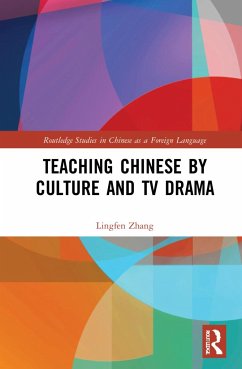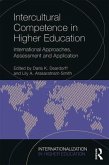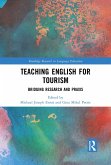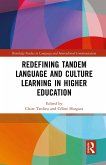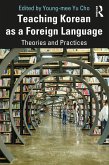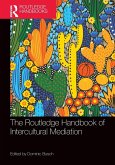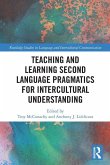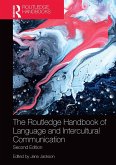This book integrates culture and authenticity into Chinese classroom practice through exploring the potential of contemporary TV drama as teaching and learning materials for intercultural Chinese language teaching and learning.
In addressing the four main challenges in culture teaching in Teaching Chinese as a Foreign Language (TCFL), this book focuses on precisely this area of pedagogical practice in Chinese as foreign language education and draws on a wide interdisciplinary base, including foreign language education, cultural studies, and intercultural communication to explore the potential of authentic TV drama as language and culture materials for revitalising TCFL and foreign language teaching more generally. It examines in detail the culturally shaped beliefs, values, and practices that give meaning to the action and language of the selected clips in a modern, award-winning Chinese TV drama.
This book shows a potential experiential pathway into (pedagogical) practices to bring contemporary culture into classrooms, to engage learners with contemporary and authentic texts, and to encourage inquiry-focused teaching practices, which - in being intercultural - allow for learners' own interpretations of cultural messages in interaction and to recognise learners as learning to understand their own values and beliefs as they learn to explore those of other cultures.
In addressing the four main challenges in culture teaching in Teaching Chinese as a Foreign Language (TCFL), this book focuses on precisely this area of pedagogical practice in Chinese as foreign language education and draws on a wide interdisciplinary base, including foreign language education, cultural studies, and intercultural communication to explore the potential of authentic TV drama as language and culture materials for revitalising TCFL and foreign language teaching more generally. It examines in detail the culturally shaped beliefs, values, and practices that give meaning to the action and language of the selected clips in a modern, award-winning Chinese TV drama.
This book shows a potential experiential pathway into (pedagogical) practices to bring contemporary culture into classrooms, to engage learners with contemporary and authentic texts, and to encourage inquiry-focused teaching practices, which - in being intercultural - allow for learners' own interpretations of cultural messages in interaction and to recognise learners as learning to understand their own values and beliefs as they learn to explore those of other cultures.

